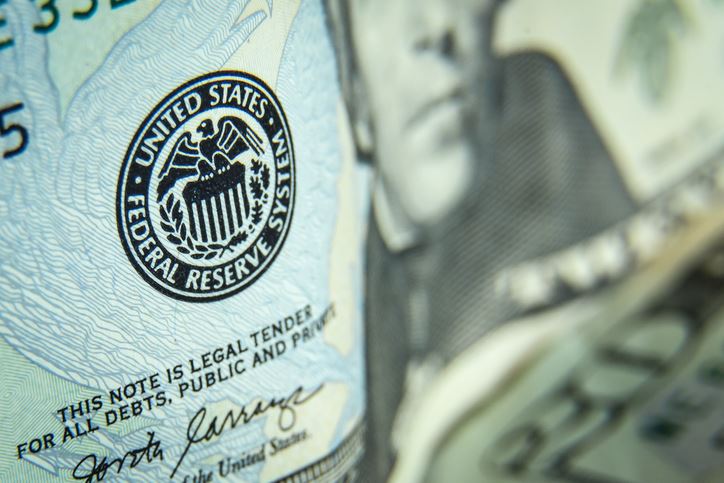On July 28, 2023, it was reported that casino mogul Steve Wynn was settling workplace sexual harassment claims against him for $10 million. A week prior, the NFL fined the Washington Commander’s owner, Dan Snyder, $60 million for sexual harassment claims lodged against him. These two prominent men join the ranks of wealthy individuals who have been accused of sexual harassment of female employees in the workplace. To name a few, the ranks include movie producer Harvey Weinstein, Matt Lauer of NBC, Les Moonves of CBS, and Roger Ailes of Fox News. In many instances, high-earning men who hold positions of authority or influence wield their economic power and authoritative position to sexually harass women in low-wage-earning jobs. Sexual harassment in the workplace occurs when an employee is the target of unwanted sexual comments, gestures, or actions.
According to Psychology Today, people in power are more likely to see other people as a means to an end — as a way to satisfy their own goals. Powerful people also tend to have less empathy for others. Sexual harassment is also claimed to be the direct result of patriarchy—a system in which men hold the majority of the power. The ultimate expression of power and authority in patriarchy is the ability to act with sexual impunity. High-earning individuals may develop a sense of entitlement due to their economic success and societal status, leading them to believe they can act without consequence. From a psychological perspective, sexual harassment frequently causes humiliation, intimidation, embarrassment, emotional stress, and the creation of negative body images, According to the National Institute for Health (“NIH”), numerous studies have documented links between sexual harassment and declines in psychological and professional well-being..
The Atlantic Magazine recently published an article that claimed that sexual harassment happens more frequently in industries that are dominated by low-wage workers. With low-wage earners, harassment may frequently occur because of the wage and power differences between low-earning women and the men who supervise them. According to one recent study, which analyzed data between 2005 and 2015, the most employment-related sexual-harassment complaints were filed by workers in the accommodation and food services industries, which are typically dominated by low-wage positions. For low-wage earners, losing a job can have devastating consequences. This fear of retaliation often silences female employees who have been subjected to sexual harassment, making it challenging for them to come forward and report the harassment. As a result, many suffer in silence, trapped in a cycle of exploitation. It seems that in certain industries, a corporate culture exists that inadvertently fosters a tolerance for sexually inappropriate behavior. The lack of accountability for sexual misconduct only emboldens harassers.
Sexual harassment is a distressing reality that affects many workplaces. It’s worth noting that sexual harassment is not solely a women’s problem. Data reported by the Equal Employment Opportunity Commission (EEOC), indicates that about 16% of sexual harassment charges are filed by men. It is clear, however, that sexual harassment in the workplace disproportionately affects female employees. Sexual harassment negatively impacts women’s workplace opportunities and career decisions. If you are faced with sexual harassment in the workplace, contact the employment lawyers at Morgan Rooks PC for a free consultation. We are on the employee’s side and ready to advocate for your right to work in an environment that is free of sexual harassment. The Law Firm of Morgan Rooks PC serves New Jersey and Pennsylvania.


